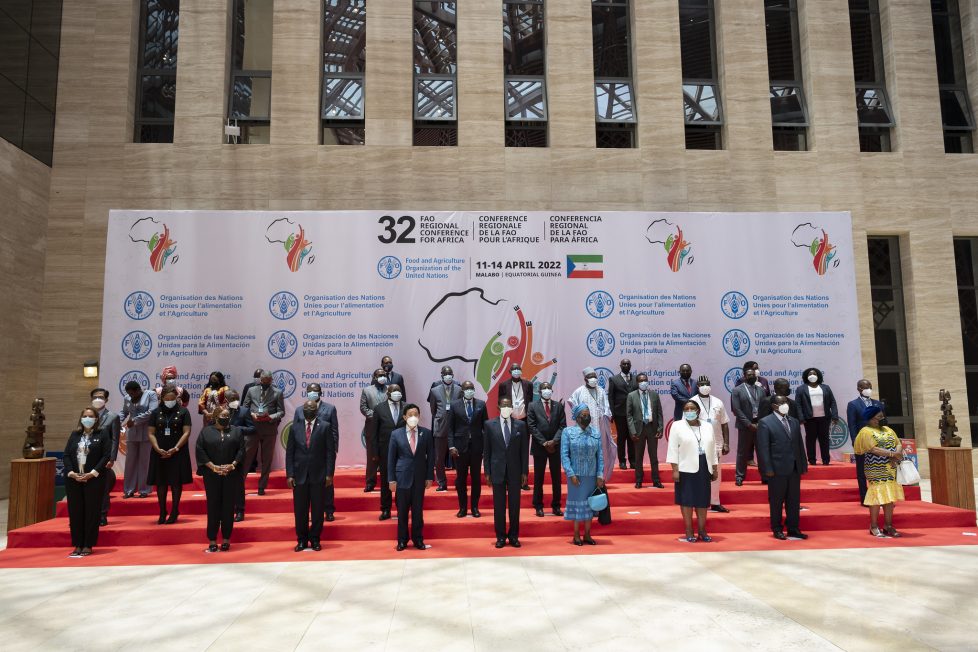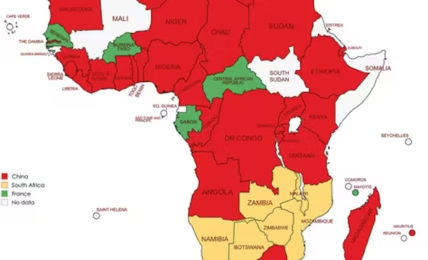Launch of Investment Guidelines for African Youth in Agri-food Systems
The Investment Guidelines for Youth in Agri-food Systems in Africa provides practical “how to” steps to develop youth-focused and youth-sensitive investment programmes that see youth as partners in rural development, throughout all phases of the investment programme cycle.








